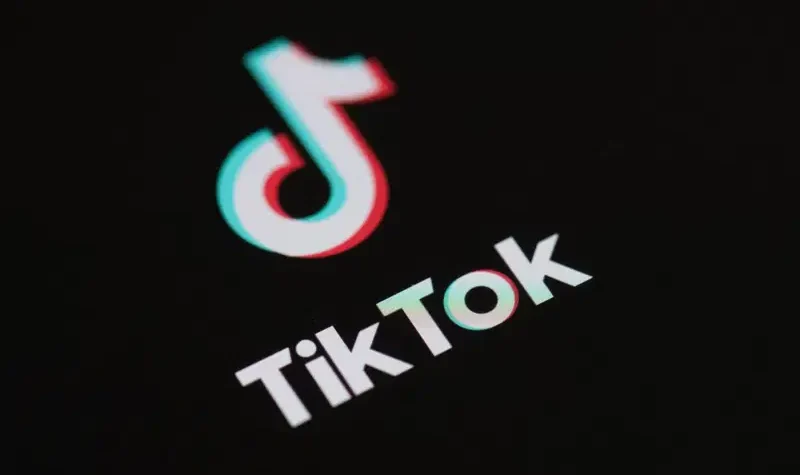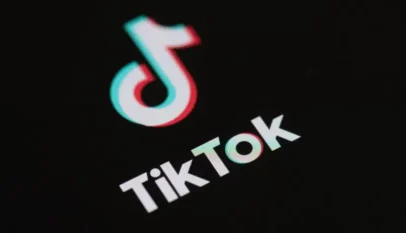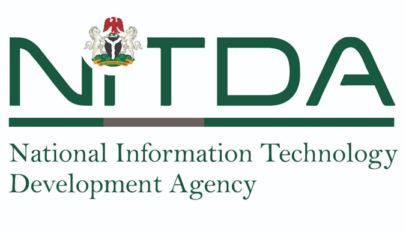Despite a slight drop in internet subscriptions in June, Nigerians’ appetite for data remains strong, with consumption figures continuing to rise, according to new data from the Nigerian Communications Commission (NCC).
The latest industry statistics show that active internet subscriptions across mobile, fixed, and VoIP networks fell to 141.1 million in June — a 0.3% decline from the 141.5 million recorded in May. Mobile network operators MTN, Airtel, Globacom, and 9mobile (now T2) accounted for the vast majority, maintaining a combined total of 140.6 million subscriptions. Other service providers, including ISPs, held 528,633 subscriptions.
However, data usage saw a marginal increase, rising to 1.044 million terabytes in June from 1.043 million terabytes the previous month — the highest monthly figure recorded since the NCC began publishing such data in January 2023.
Telecom operators say the surge in data demand is being driven by rapid urban growth and increased device usage, particularly in cities like Lagos. “Cities like Lagos are growing at lightning speed — more people, more businesses, more devices,” said Dinesh Balsingh, CEO of one of the leading operators, at a recent media roundtable. He noted that providers are responding by ramping up infrastructure investments.
Meanwhile, total active mobile subscriptions also fell slightly, dropping to 171.5 million in June from 172.4 million in May. The decline was primarily due to MTN’s loss of one million subscribers, bringing its total to 89.2 million. 9mobile also saw a dip, shedding 236,238 subscribers to close the month at 2.4 million.
In contrast, Airtel and Globacom posted gains. Airtel added 36,316 new subscribers for a total of 58.9 million, while Globacom recorded the highest increase, growing its base by 263,028 to reach 20.8 million.
Despite its subscriber drop, MTN retained its lead with a 52.03% share of the mobile market. Airtel followed with 34.38%, while Globacom and 9mobile held 12.18% and 1.42% respectively.
The overall decline in mobile subscriptions also affected Nigeria’s teledensity — a key measure of telecom penetration — which slipped from 79.65% in May to 79.22% in June.
































